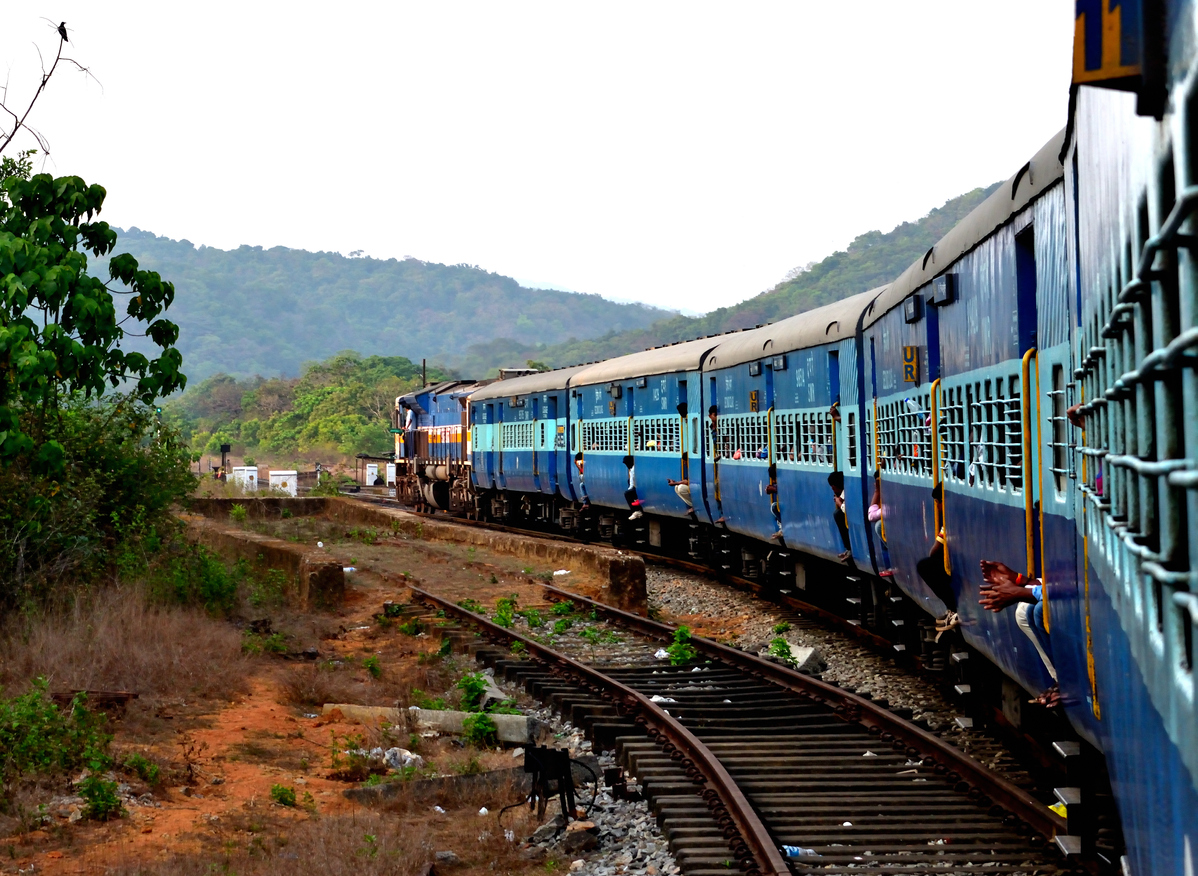
Railways failed to improve speed/timings despite spending crores: CAG report

The Comptroller and Auditor General (CAG) of India has pulled up Indian Railways for failing to improve its speed and timings despite investing Rs 2.5 lakh crore on track infrastructure in the 2008-19 financial year.
In the report submitted in Parliament last week, the CAG also said that ‘Mission Raftaar’ scheme of the railways launched in 2016-17 too failed to improve train movement. The railways implemented ‘Mission Rafatar’ following Prime Minister Narendra Modi’s call to increase the average running speed of freight trains from 25 kmph to 50 kmph and that of mail and express trains from 50 kmph to 75 kmph by 2021-22. “The average observed speed of mail/express and freight trains until 2019-20 was, however, still around 50.6 kmph and 23.6 kmph, respectively,” the CAG report said.
No change in speed
The CAG in its audit report pointed out that only 0.18 per cent improvement was made in punctuality performance of express trains and 0.61 per cent improvement in the average speed of express and mail trains. The report also noted a decrease of 9.72 per cent in the average running speed of goods trains.
It has pointed out that even after many years of planning and targeting, there has been no change in the maximum permissible speed (MPSs) of Rajdhani and the Shatabadi trains since their induction.
According to the railway ministry, increasing pressure of passenger trains on the extant rail infrastructure is to blame for the slow speed, reports The Print. “There has been an exponential increase in the number of passenger services, with the Indian Railways introducing around 200 trains per year on an average, without commensurate enhancement of the infrastructure works,” the report quoted the ministry saying this in its reply to the CAG, which sought a response from the government on the declining state of affairs in the railways.
According to The Print report, an analysis showed that most “superfast” trains do not average a speed of even 100 kilometres/hour. Since 2007, all these trains have levied a “superfast” fee since the average speed between the source and destination station is above 55 km per hour.
Faulty utilisation
The CAG also said that Dedicated Freight Corridor Corporation of India Limited (DFCCIL) could not fully utilise the World Bank fund resulting in payment of avoidable commitment charges of Rs 16 crore. ”No maintenance facility was created by the DFCCIL. Out of total 4,844 route km, only 2,346 route km (48 per cent) of feeder routes were upgraded till November 2020. DFCCIL incurred avoidable expenditure of Rs 285.21 crore during the land acquisition process,” the report stated. It also said that the progress of the project was affected due to a delay in awarding of contracts.
”There was also a delay in appointment of consultants up to 32 months. DFCCIL incurred avoidable extra expenditure of Rs 2,233.81 crore till March 2021 towards price escalation. This was due to delay in completion of project,” it said.
On investment of Rs 2.5 lakh crore, from 2008-09 to 2018-19, on rail infrastructure, the CAG report pointed out that about 57 per cent of the amount was put in building new tracks and doubling the existing lines. “But these projects take a considerable amount of time,” the audit noted.

